Preparing for A‑Level Exam can feel like a marathon. After two years of study, these final tests determine entry to university, apprenticeships or employment. With the 2026 A‑level exam window running from mid‑May to late June, a structured three‑month plan beginning in February or March gives you time to revise deeply, practise exam technique and enter the exam room with confidence.
Jump to Section
Why Three Months Is Enough for A-Level Exam Preparation
Many guides recommend revising for A‑levels over an entire year. While starting early offers breathing space, three months is still enough time to review every topic, practise past papers and sharpen exam technique. if you work smartly. Three months means roughly 12 weeks. When broken into three clear stages, Foundation, Practice and Refinement, you can systematically build knowledge, reinforce it with questions and polish your exam performance. You will need to commit several hours a day, plan effectively and look after your wellbeing. With discipline, the following our 12‑week plan delivers results and help our students outperform in A-levels Exams.
Understand Your A‑Level Examinations
Before revising, familiarise yourself with the structure of your A‑level course:
- Subjects and papers: Most students take three A‑level subjects. Each subject usually has two or three written papers, with some including practical or coursework components. Check the assessment details and weighting for each exam.
- Exam boards: The main exam boards are AQA, Edexcel (Pearson), OCR and WJEC/Eduqas. Each board offers slightly different syllabuses and question styles. Download the specification and syllabus documents so you know exactly what topics and skills are assessed.
- Learning objectives: Every syllabus lists learning objectives or assessment outcomes. These tell you what examiners expect you to know and be able to do. Make sure you can meet each objective.
- Mark schemes and grade boundaries: Understanding how marks are awarded and what constitutes a high‑level answer helps you target your revision effectively. Mark schemes show what examiners look for in answers; grade boundaries indicate the marks needed for each grade.
By knowing your syllabus inside out, you avoid surprises and ensure your revision is complete.
Book a Free 1-on-1 Session with Our Tutor
- Best tutors in the UK
- Personalized learning plans
- Flexible online scheduling
A-Level Exam Dates 2026
A-Level exams in 2026 will take place from early May to late June 2026, with most written papers starting in the second week of May. Alevels Exam timetables from exam boards such as AQA, Pearson Edexcel, and WJEC show that:
- First exams: around 11 to 15 May 2026
- Core subjects (Maths, Sciences, English Lit/Lang)
- Final exams: Expected by late June 2026
Note: Exact dates may vary by subject and exam board, so students should check their personalised exam timetable from their school or college.
Knowing A-Levels dates and schedule is very important because it means if you start revising in February or March 2026, you will have solid 12-week window, perfect timeframe for the 3 month preparation strategy set by our tutors.
Month by Month A-Levels Exam Preparation Plan
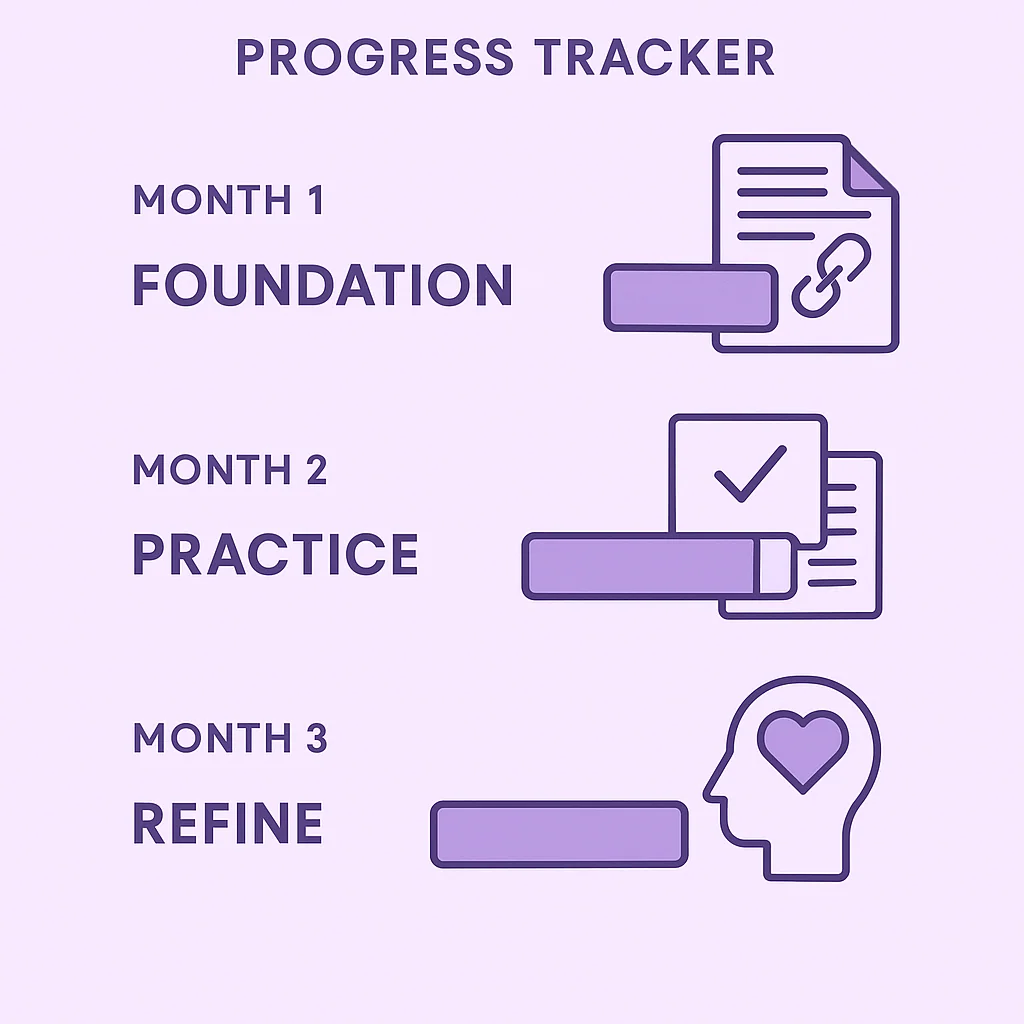
Month 1: Build Your Foundation (Weeks 1 to 4)
Your first month should lay a solid base. Focus on understanding the syllabus, organising materials, and establishing a study routine.
1. Unpack the Syllabus
- Print or download your exam board’s syllabus for each subject. Highlight or tick each topic as you study it.
- Identify core areas (worth more marks or appearing on multiple papers). These should anchor your study plan.
2. Create a Personal Study Plan
- Work backwards from your exam dates. Allocate time to cover all topics with room for revision and past papers.
- Break each week into subjects and topics. For example, Monday and Wednesday for Chemistry, Tuesday and Thursday for History, Friday for Mathematics.
- Use a traffic‑light system: green for topics you feel confident in, yellow for topics requiring more work, and red for areas you find challenging. Plan to revisit yellow and red areas often.
3. Organise Your Study Materials
- Gather textbooks, class notes, revision guides and recommended reading.
- Create a digital or paper folder system for each subject. Store your notes, worksheets, past papers and mark schemes so they’re easy to locate.
- Invest in or download note‑taking and flashcard tools. Apps like Evernote or Notion keep digital notes organised, while Anki or Quizlet are great for flashcards.
4. Start Active Learning
- Take notes in your own words. Rewrite key concepts instead of copying from a textbook. Use diagrams, colour and mind maps to visualise links.
- Summarise each topic on one page. Condensing material forces you to understand it.
- Begin creating flashcards for formulas, definitions, dates and key facts. Start using spaced repetition now, the more times you see information, the better it will stick.
5. Establish a Study Routine
- Aim for 2 to 3 hours of focused study each weekday and 3–4 hours at weekends during this month. Build in short breaks (5–10 minutes every hour) to maintain concentration.
- Designate a quiet study space free from distractions. Make sure your phone is off or out of reach.
- Schedule regular exercise, sleep and meals. Your brain performs best when you look after your body.
Month 2: Practise and Consolidate (Weeks 5 to 8)
With the foundations in place, it’s time to strengthen understanding through exam practice and application. This month focuses on turning knowledge into exam‑ready skills.
1. Get Into Past Papers
- Collect at least the last five years of past papers for each subject. Initially, work through them untimed to familiarise yourself with question formats.
- For each question, compare your answer with the mark scheme. Note where you lost marks and how to phrase responses for full credit.
- Begin timing your answers. For example, give yourself 30 minutes to complete a 40‑mark section. As you progress, simulate full exam conditions.
2. Identify and Fix Weak Spots
- After each practice paper, analyse mistakes. Was the error due to forgotten content, poor timing or misreading the question?
- Use your traffic‑light system to reclassify topics. Turn yellow topics into green and red into yellow by revising them in detail.
- Create or update topic summaries and flashcards based on your mistakes. Revisit them daily.
3. Use Active‑Recall Strategies
- Continue using flashcards daily. Test yourself, cover up answers and force your brain to retrieve information.
- Teach concepts aloud to a friend or an empty room. If you can explain something clearly, you understand it.
- Try mind‑mapping and spider diagrams to connect ideas. Visual learners find these especially helpful.
4. Simulate Exam Conditions
- Sit a complete paper under timed conditions once per week per subject. Use the same start time as your real exam (morning or afternoon) and follow exam rules: no notes, no phones.
- Afterwards, mark your paper honestly. Track your scores to watch your progress.
- Use the Pomodoro Technique (25 minutes work, five minutes rest) during longer revision sessions to maintain focus.
5. Balance Your Week
- Increase your study time to 3 to 4 hours per day on weekdays and 4 to 5 hours at weekends.
- Keep at least one evening or half‑day free each week to relax. Burning out will undermine your efforts.
Month 3: Refine and Test (Weeks 9 to 12)
The final month is about polishing your knowledge, perfecting exam technique and arriving at the exam confident and calm.
1. Mock Exams and Full Practice Papers
- Sit two or more full mock exams per subject under exam conditions. Ask a teacher, tutor or parent to invigilate if possible.
- Mark these papers with the official mark schemes. Pay close attention to areas where you consistently lose marks.
- After each mock, create an action list of topics or skills to revisit. Your remaining revision should target these.
2. Finalise Notes and Summaries
- By now, you should have condensed each topic into short summaries or factsheets. Review these daily.
- Rewrite the most important formulas, dates, definitions or quotes on index cards and place them around your room or study space. Seeing them often reinforces memory.
3. Fine‑Tune Exam Technique
- Practise writing concise, well‑structured essays. Use PEEL (Point, Evidence, Explain, Link) or similar frameworks for essay‑based subjects.
For science and maths subjects, practise showing your working clearly and neatly. Many marks are awarded for method, even if the final answer is wrong. - Practise time management: allocate marks per minute. For example, a 20‑mark question in a 60‑minute paper should take roughly 20 minutes.
- Learn to read command words (evaluate, describe, analyse) and tailor your responses accordingly.
4. Manage Stress and Stay Healthy
- In the final month, increase daily study time to 4–5 hours but ensure you sleep 7–8 hours each night.
- Use relaxation techniques like deep breathing, stretching, walking or short meditations to reduce anxiety.
- Avoid last‑minute cramming the night before an exam. Instead, do a light review, prepare your materials and get an early night.
Daily and Weekly Study Structure
A balanced routine helps you maintain momentum without burning out.
Sample Daily Plan
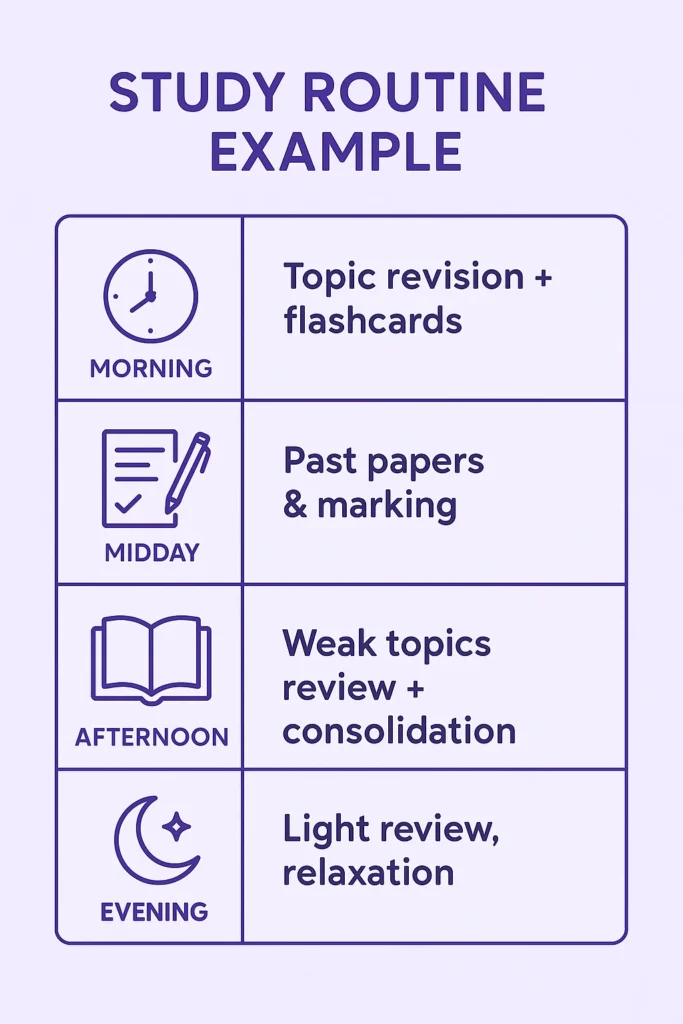
- 9:00–10:30 AM – Subject 1: revise one topic; make or review flashcards.
- 10:30–10:45 AM – Break: stretch, grab a drink.
- 10:45 AM–12:15 PM – Subject 2: timed past‑paper questions; mark them immediately.
- 12:15–1:00 PM – Lunch break.
- 1:00–2:30 PM – Subject 3: work through difficult topics using your notes and textbooks.
- 2:30–3:00 PM – Consolidation: update summaries, traffic‑light system, plan tomorrow’s tasks.
- Evening – Light review of flashcards or an episode of a revision podcast; relax and rest.
Weekly Checklist
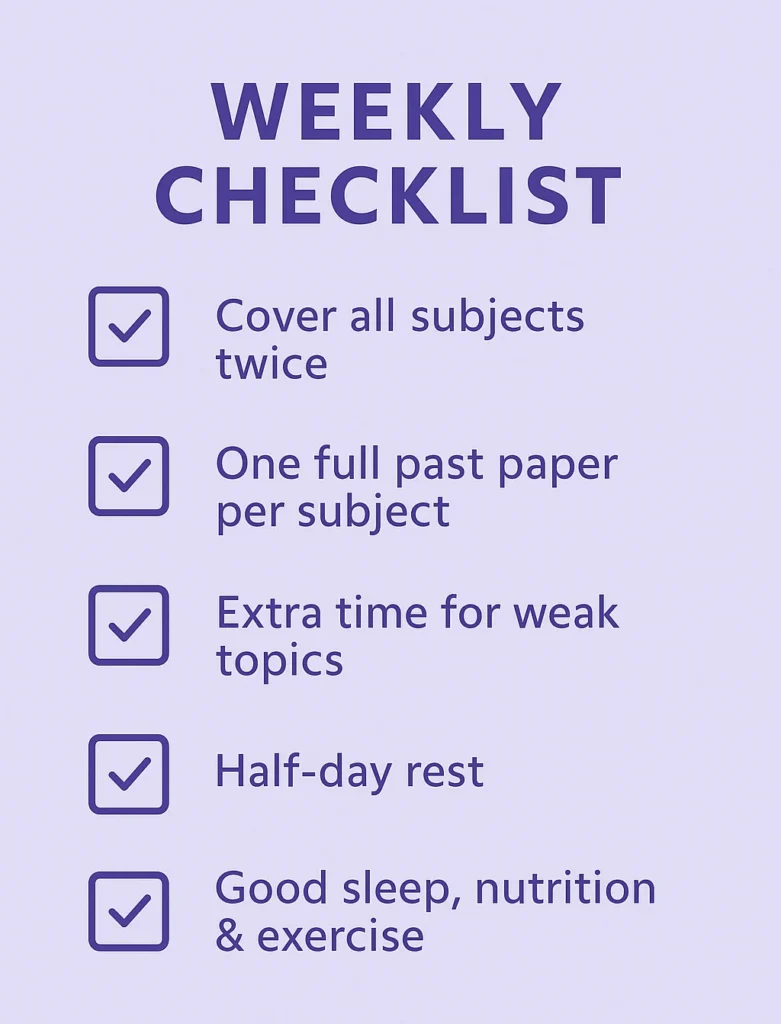
- Cover all subjects at least twice.
- Complete one full past paper per subject.
- Allocate additional sessions for red or yellow topics.
- Take at least one half‑day off to recharge.
- Maintain good sleep, nutrition and exercise throughout.
Essential Tools & Resources
- Past papers and mark schemes: Available from your exam board’s website. Use them from Month 2 onwards.
- Examiner reports: Read these for insight into common student mistakes and what examiners want to see.
- Revision guides: Choose guides that match your exam board and edition year. Don’t rely solely on them, always cross‑reference with the syllabus.
- Study apps: Evernote or OneNote for digital note‑taking; Notion for organising tasks and resources; Forest or Freedom to limit phone distractions.
- Flashcard apps: Anki, Quizlet or physical index cards for memorising definitions, quotes and formulas.
- Online platforms: Use free platforms like BBC Bitesize, Seneca Learning, Khan Academy or YouTube channels (e.g., Physics & Maths Tutor) for explanations and practice questions.
- Tutoring and support: If certain topics remain unclear, consider online tutoring or asking your teachers for extra help. A qualified tutor can tailor explanations to your needs and keep you accountable.
Book a Free 1-on-1 Session with Our Tutor
- Best tutors in the UK
- Personalized learning plans
- Flexible online scheduling
Exam Day Advice and Post‑Exam Reflection
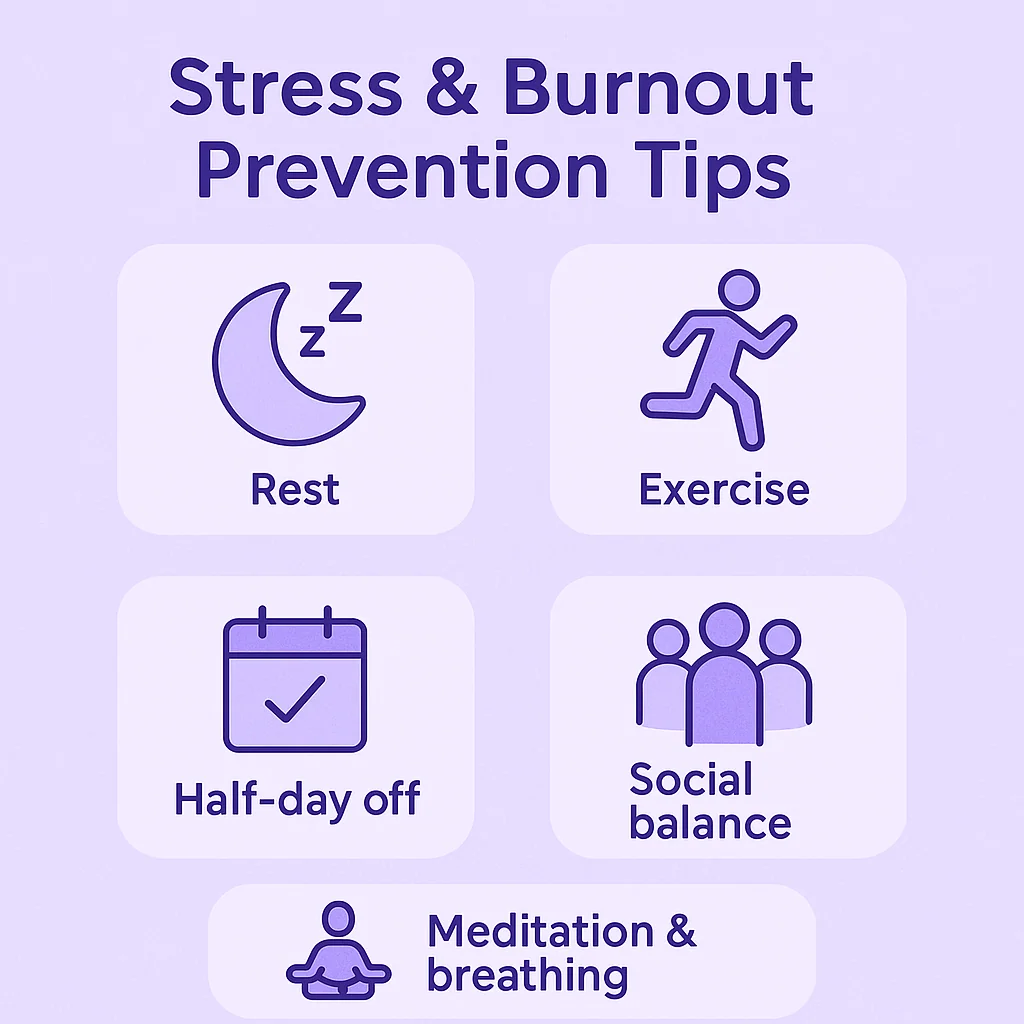
Preparing for Exam Day
- Pack your kit: Pens, pencils, eraser, calculator (with new batteries if allowed), ID, water bottle and clear pencil case.
- Check your times: Arrive at least 20 minutes before the start. Know where your exam room is.
- Eat a balanced meal: Avoid heavy, sugary foods. Opt for slow‑release carbohydrates and protein.
- Stay calm: Few nerves are normal. Use deep breathing or visualisation techniques while waiting to enter the hall.
During the Exam
- Read instructions carefully. Identify how many questions to answer and from which sections.
- Plan your time: allocate minutes per mark and stick to it. Leave a few minutes at the end to review your answers.
- Answer what you know first. If you’re stuck, move on and return later.
- Show your workings in maths and science papers; structure essays clearly in humanities and social sciences.
Read here: A-Levels Exam Intructions Guide
After the Exam
- Don’t dwell on mistakes. You can’t change them now. Focus on preparing for the next paper.
- Reflect quickly: if you have more papers in the same subject, note any questions you found tricky and review those topics.
- Plan your next steps. Once exams are over, reflect on your performance and identify areas for future improvement, especially if you plan to retake or continue to higher levels.
Frequently Asked Questions
Can I really prepare for A‑levels in three months?
Yes, if you work consistently and strategically. Three months allows you to revisit every topic, practise past papers and refine your exam technique. You must plan carefully and commit to regular, focused study sessions.
How many hours a day should I study?
During Month 1, aim for 2 to 3 hours daily on weekdays and slightly more on weekends. Increase to 3 to 4 hours in Month 2 and 4 to 5 hours in Month 3. Always schedule breaks, exercise and sleep.
When should I start doing past papers?
Begin untimed past‑paper questions from Week 5 onwards. In Month 2, complete at least one timed paper per subject per week. In Month 3, sit full mock exams under exam conditions.
What if I fall behind my schedule?
Use your traffic‑light system to identify priority topics. Focus on turning red topics into yellow by revisiting the syllabus and using targeted questions. It’s better to master core concepts than to skim everything superficially.
How do I avoid burnout?
Burnout comes from continuous stress without rest. Schedule at least half a day off each week, exercise regularly, and maintain a social life. Break study tasks into manageable blocks and celebrate small wins.
Final Next Steps to perform Best in A-Levels Exams
Your A‑levels are a stepping‑stone to university, apprenticeships and future careers. They demand commitment but also reward structured, strategic preparation. By following this three‑month roadmap, laying a firm foundation, practising intensively and refining your exam technique, you’ll maximise your potential in the 2026 exams.
If you want personalised guidance, consider working with a qualified tutor. An experienced tutor can diagnose your weak spots, tailor a study plan to your learning style and provide targeted feedback on past‑paper answers.
Start Today Preparing Today
Take out your syllabus, mark your exam dates, and map your 12‑week plan. With dedication, discipline and the right resources, you can ace your A‑levels in three months and open the door to your future. Good luck!

Raja specializes in Physics and Maths, with over 5 years of experience. He offers KS2, KS3, and GCSE Science and Maths lessons. He graduated from one of the top universities in the UK.

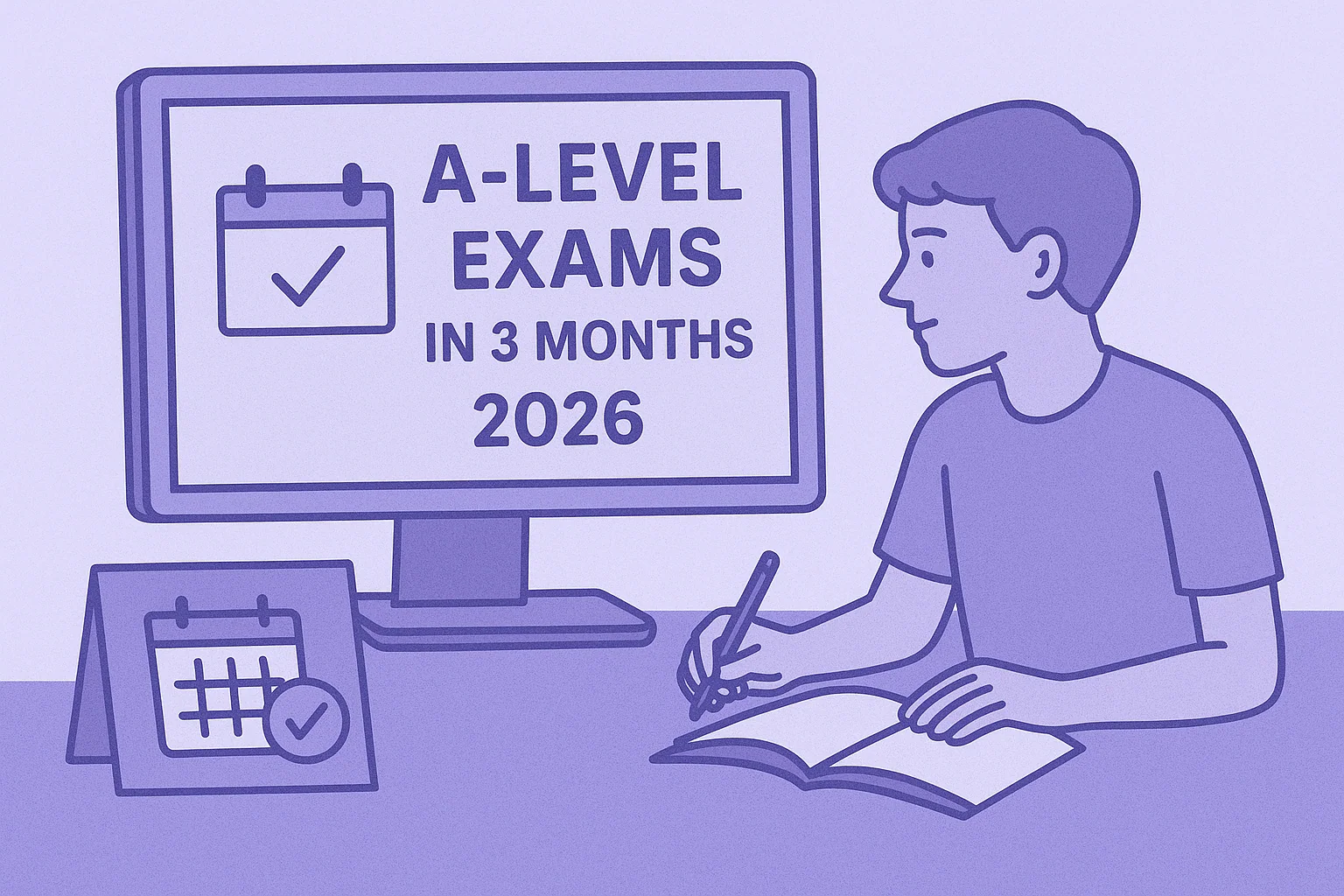
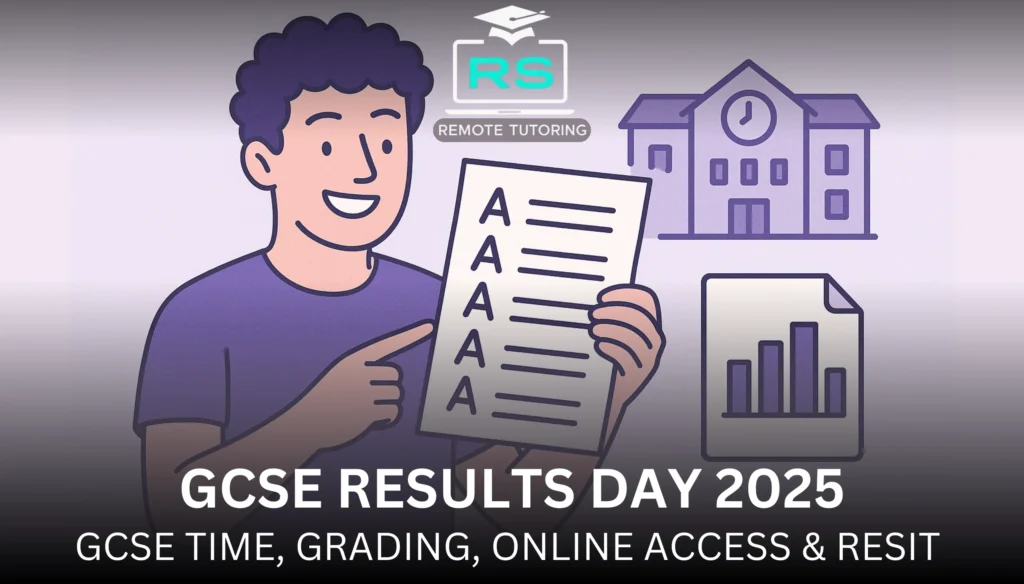
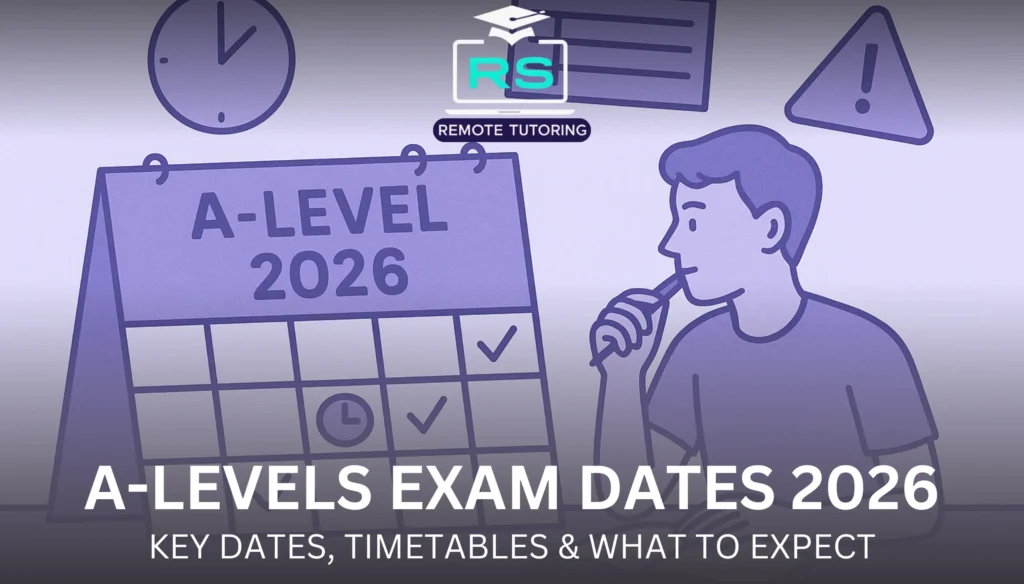
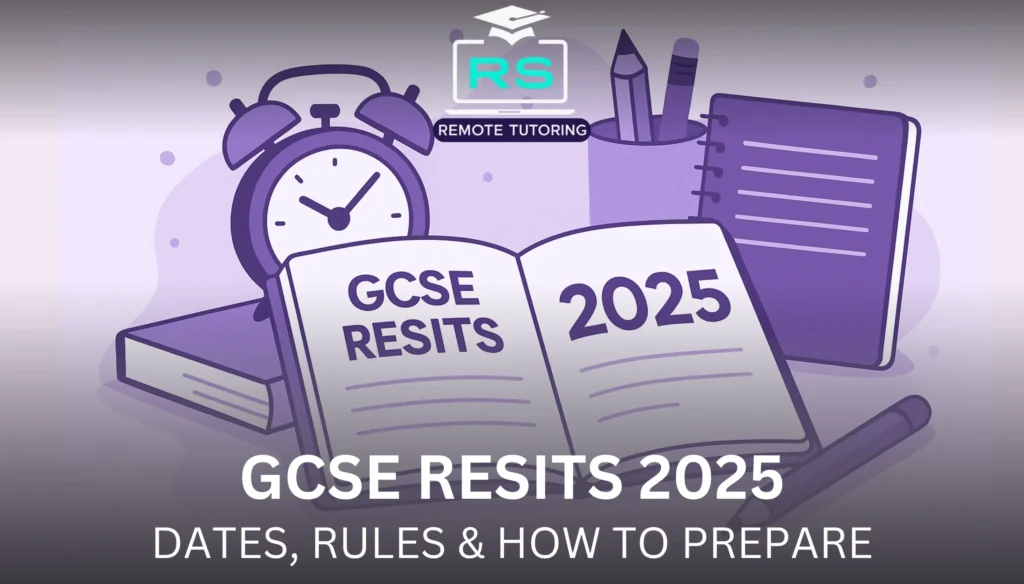
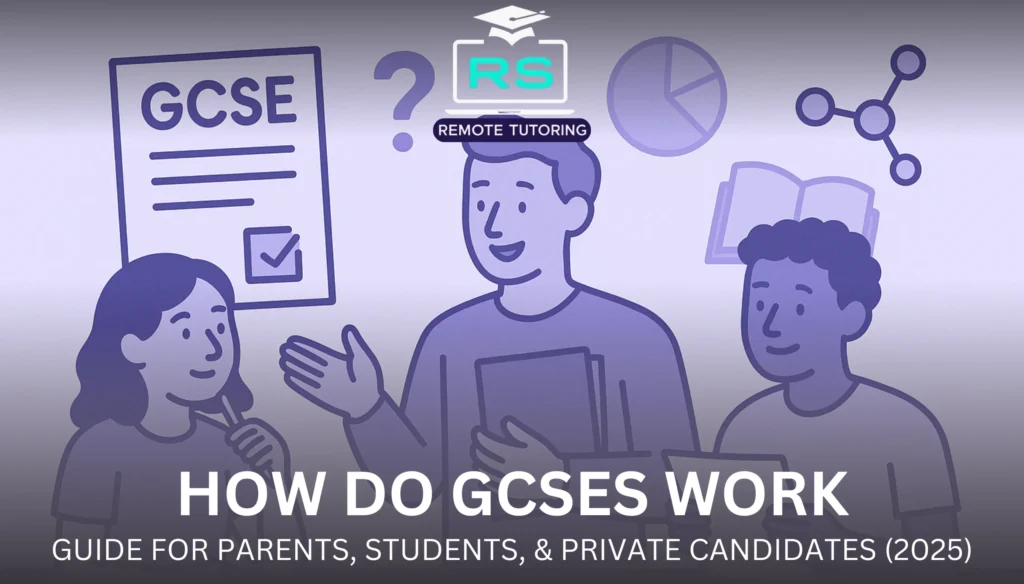




1 Comment
[…] an A level is the hughes edge for the students wanting to get desired enrollment into thor dream universities. […]